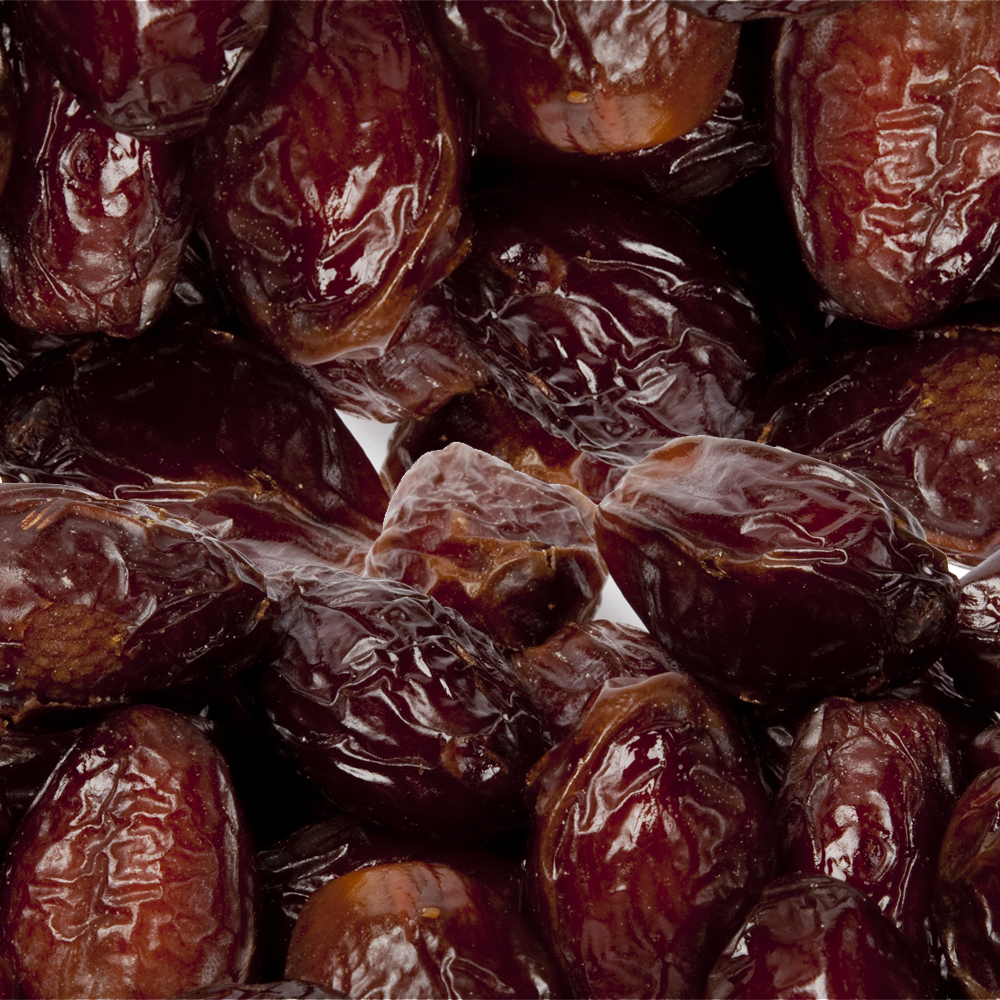Nutritional Differences Between Fresh and Dried Kurma Medjool Borong Dates

Introduction
Kurma Medjool Borong are a popular variety known for their delectable taste and nutritional value. In this blog post, we will delve into the nutritional differences between fresh and dried Kurma Medjool Borong dates. Join us as we uncover the unique characteristics and health benefits of both forms of these delicious dates.
Kurma Medjool Borong Dates: A Brief Overview
Kurma Medjool Borong dates are highly regarded for their large size, sweet flavor, and chewy texture. These dates are a type of Medjool date, which is known for being one of the finest date varieties available. Here are some key features of these dates:
1. Size and Appearance: they are large, plump, and have an elongated shape. They have a deep brown or amber color and a wrinkled skin, which is a characteristic feature of Medjool dates.
2. Flavor and Texture: These dates are renowned for their rich, caramel-like flavor with hints of toffee and honey. They offer a soft and chewy texture that adds to the overall enjoyment of eating them.
3. Nutritional Value: they are not only delicious but also packed with essential nutrients. They are a good source of dietary fiber, potassium, magnesium, iron, and antioxidants. These dates are also naturally fat-free and cholesterol-free, making them a healthy choice for snacking.
Nutritional Differences Between Fresh and Dried Dates
While fresh and dried dates come from the same fruit, there are some notable differences in their nutritional composition due to the moisture content and processing methods. Let’s explore the variations between fresh and dried Kurma Medjool Borong dates:
1. Water Content: Fresh dates have a high water content, typically ranging from 60% to 70%. On the other hand, dried dates contain significantly less water, with a moisture content of around 20%. The dehydration process involved in drying dates concentrates their nutritional components.
2. Calories and Sugar: Dried dates are more calorie-dense than fresh dates due to the removal of water. On average, dried dates contain around 282 calories per 100 grams, while fresh dates have approximately 143 calories per 100 grams. Dried dates also tend to have a higher sugar content, as the sugars become more concentrated during the drying process.
3. Fiber: Both fresh and dried dates are excellent sources of dietary fiber. However, dried dates generally have a slightly higher fiber content than fresh dates. Fiber aids in digestion, promotes a feeling of fullness, and helps regulate blood sugar levels.
4. Micronutrients: Fresh dates and dried dates provide various essential micronutrients. However, some micronutrients may be more concentrated in dried dates due to the removal of water. For example, dried dates tend to have higher levels of potassium, magnesium, and iron compared to fresh dates.
5. Antioxidants: Fresh and dried dates contain antioxidants that help protect the body against oxidative stress and inflammation. The drying process may slightly increase the concentration of some antioxidants in dried dates.
Conclusion
Kurma Medjool Borong dates, whether fresh or dried, are a nutritious and delicious treat. While fresh dates have a higher water content and lower calorie density, dried dates are more concentrated in terms of calories, sugar, and certain nutrients. Both forms of these dates provide dietary fiber, potassium, magnesium, iron, and antioxidants.
Whether you prefer the juiciness of fresh dates or the chewiness of dried dates, incorporating Kurma Medjool Borong dates into your diet can offer a range of health benefits. They make for a satisfying snack, a natural sweetener in recipes, or a nutritious addition to smoothies and desserts.
Key Highlights:
– Kurma Medjool Borong dates are known for their large size, sweet flavor, and chewy texture.
– Fresh dates have a higher water content, while dried dates have significantly less water.
– Dried dates are more calorie-dense and have a higher sugar content compared to fresh dates.
– Both fresh and dried dates are good sources of dietary fiber, potassium, magnesium, iron, and antioxidants.
– Dried dates may have higher concentrations of certain micronutrients and antioxidants due to the removal of water.
– Incorporating these dates into your diet can provide a range of health benefits, regardless of whether you prefer fresh or dried dates.